The daily positioning volume of China's homegrown BeiDou Navigation Satellite System (BDS) during the National Day holidays exceeded 150 billion times, an increase of more than 50 percent compared with the pre-holiday period, China's tech giant Baidu said on Wednesday.
The data came after Chinese online map Baidu Maps announced an official switch to the Beidou priority positioning on September 30, with daily positioning volume exceeding 100 billion times for the first time. The company said 97.81 percent of positioning had achieved BDS priority.
Integrated with the BDS system, the app has also upgraded other functions such as lane-level and parking-level navigation.
The China-developed BDS, which has also served global users for more than two years, has been deeply integrated into and applied to industries such as transportation, disaster prevention and mitigation, agriculture, forestry, animal husbandry and fishing, and power and communication.
BDS is an important component of Chinese space information infrastructure and has become a powerful symbol of China's science and technology capability, in addition to being the cornerstone of the country's national security.
Baidu Maps said it has launched map navigation and positioning services based on the system and had strengthened integration over recent years.
In addition to map navigation, Baidu said the system has also served more than 2.55 million developers across an array of industries, including auto-making, travel, and finance.
The National Development and Reform Commission (NDRC) said in April that the value of BDS exceeded 400 billion yuan ($57 billion) as of the end of the 13th Five-Year Plan (2016-20) period. At the end of 2021, there were more than 1 billion units and terminals using the BDS positioning function nationwide, NDRC said.
On July 31, 2020, China officially commissioned the BDS, opening the new BDS-3 system to global users.








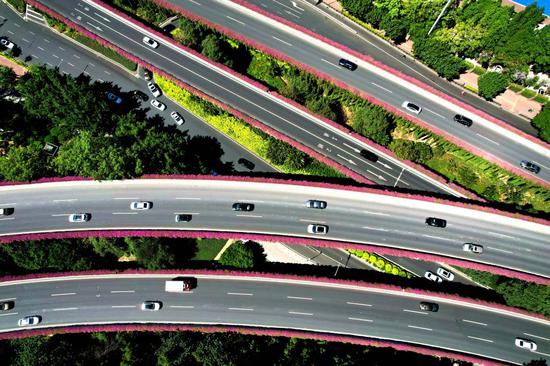

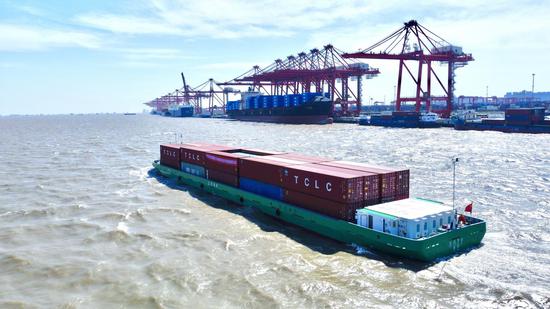




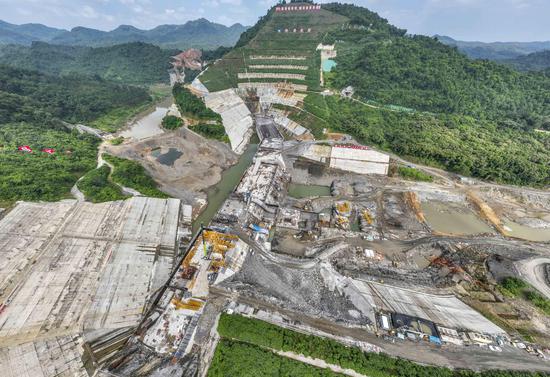

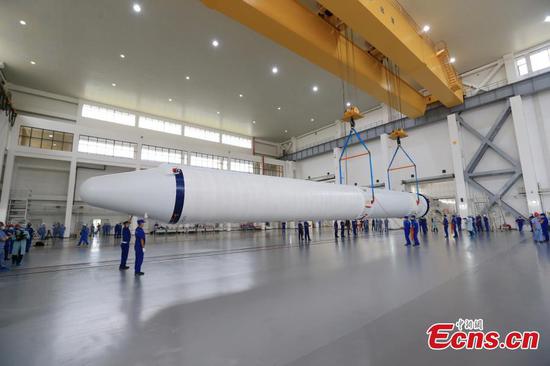




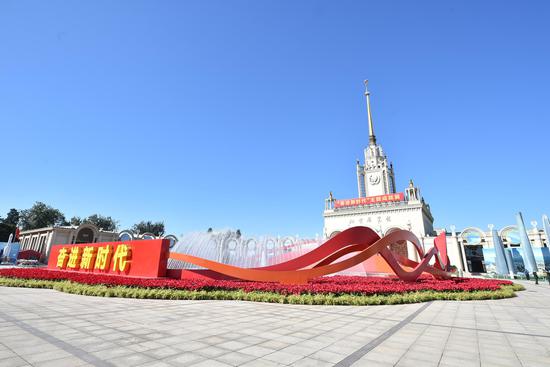

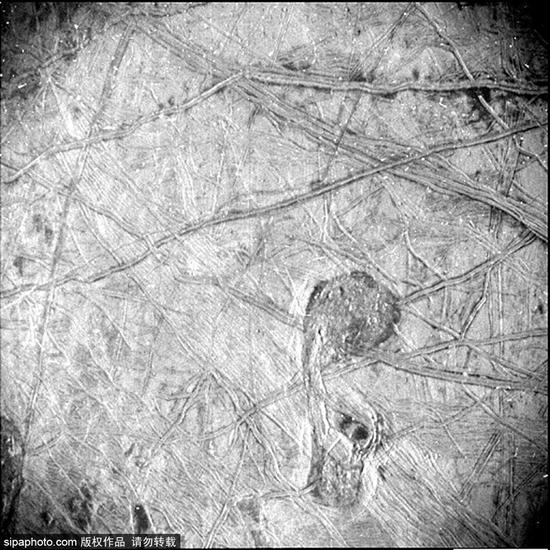
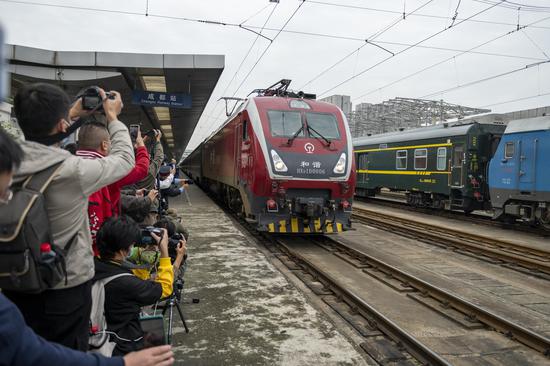





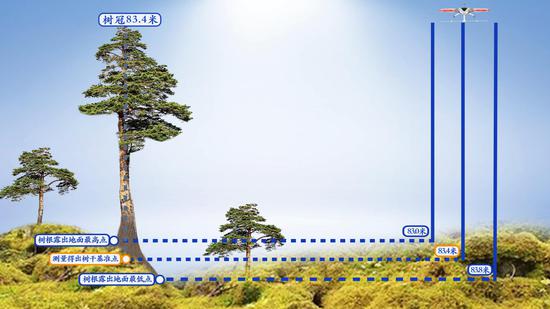






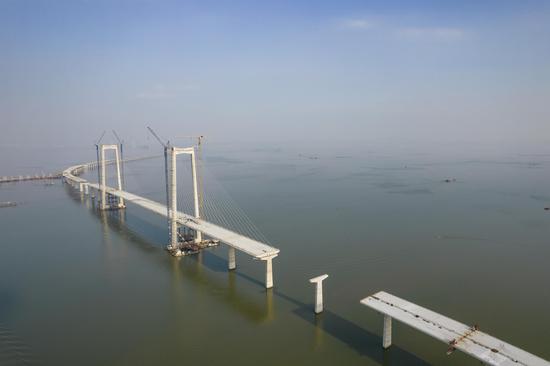
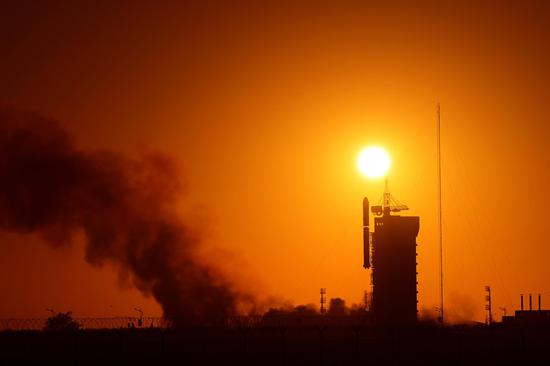
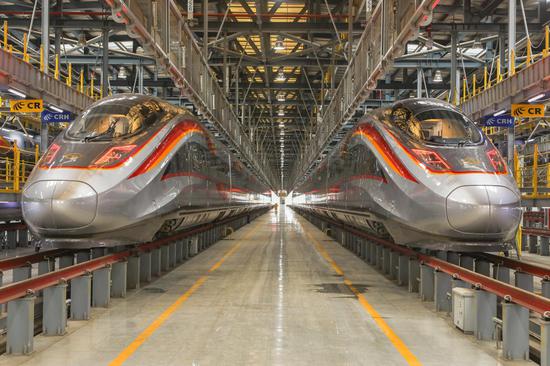

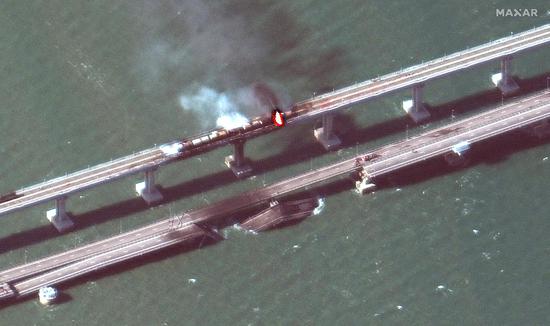
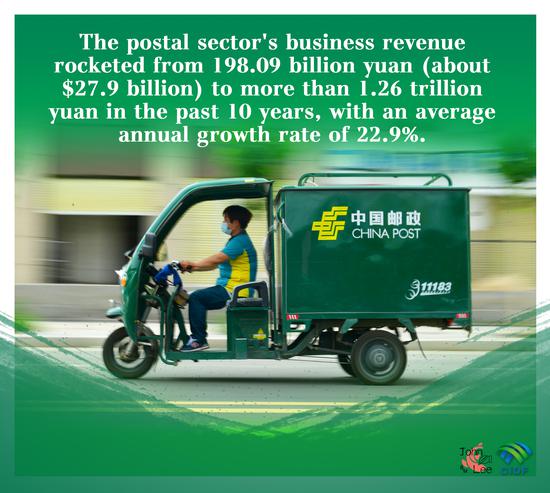






 京公网安备 11010202009201号
京公网安备 11010202009201号